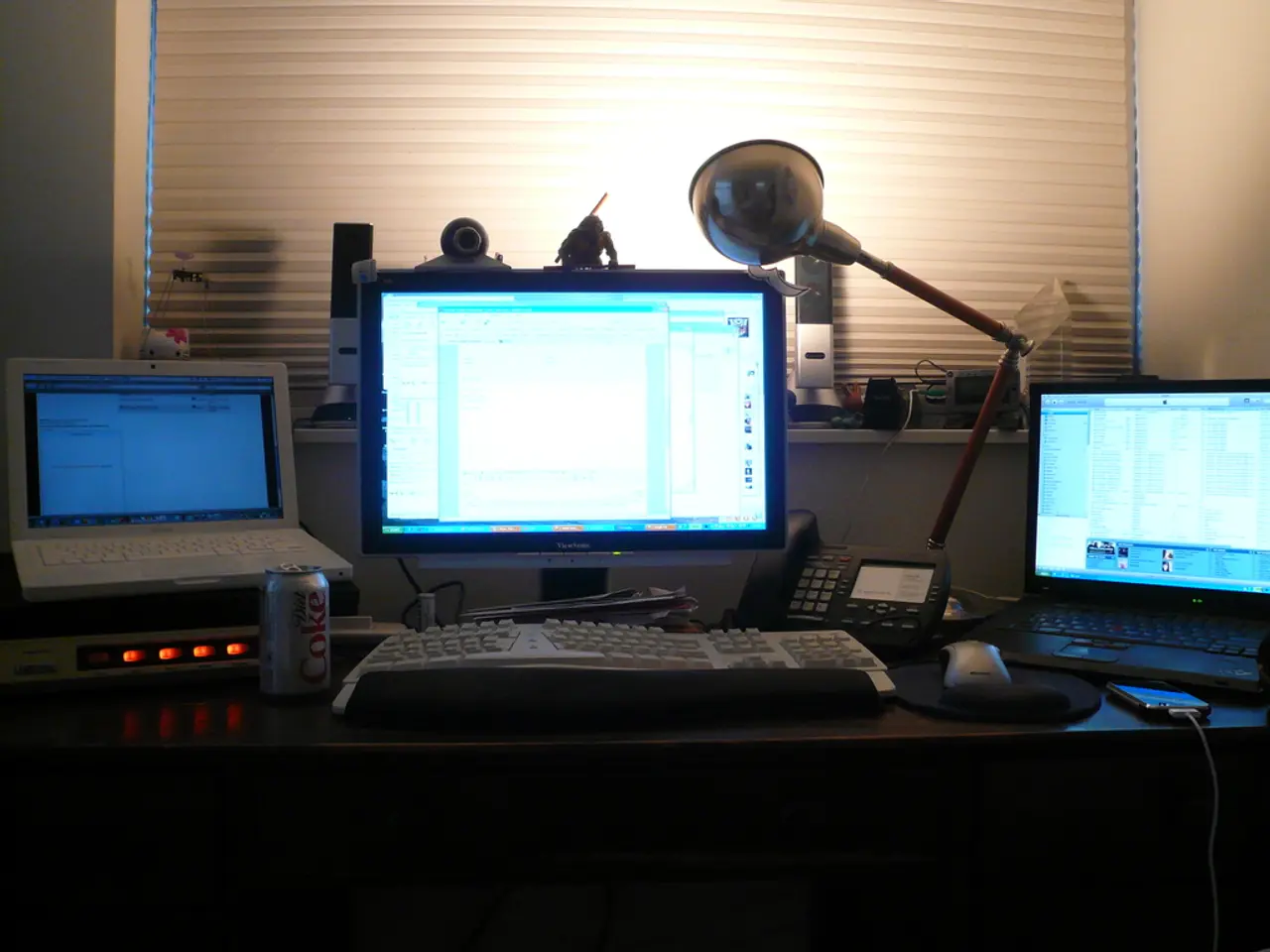Ten Blindness-Friendly Activities in Occupational Therapy for Adults
In the ever-evolving world we live in, it's essential to ensure that everyone, regardless of their visual abilities, can participate fully. For blind adults, a combination of occupational therapy and adaptive technology is proving to be a game-changer.
Braille literacy programs are playing a significant role in fostering reading and writing skills for blind adults. Mastering screen reader software can allow them to navigate websites, read emails, and use various applications independently. Adaptive technology training, including voice-activated devices and specialized apps, can help them navigate our technologically advanced world.
However, the benefits of occupational therapy for blind adults extend beyond the digital realm. It can help them improve their independence and overall well-being. Occupational therapy activities aim to enhance sensory awareness, boost confidence, and promote a more fulfilling lifestyle.
Sensory awareness activities, such as sensory walks and scent-based activities, can help heighten the remaining senses for those with visual impairments. Music therapy, tactile games and crafts, and storytelling and audiobooks can stimulate memory, improve mood, and promote cognitive engagement.
Adaptive cooking classes can help blind adults prepare meals independently, while orientation and mobility training is a crucial aspect of occupational therapy. These activities go beyond basic self-care and address social, sensory, cognitive, and physical domains, thereby enriching quality of life and autonomy for blind adults.
Moreover, occupational therapy can provide blind adults with tools and techniques for daily living skills. For example, they can receive assistance in planning independent travel, understanding public transportation routes, and utilizing technology for navigation.
Socialization and support groups can foster a sense of community and encourage a sense of belonging among blind adults. Adaptive fitness programs, tailored to the specific needs and abilities of blind adults, can improve strength, flexibility, and overall health. Engaging in musical and audio activities, such as playing musical instruments or attending live performances, can enhance auditory experiences for blind adults.
In conclusion, the combination of occupational therapy and adaptive technology is proving to be a powerful tool in enhancing the lives of blind adults. By fostering independence, improving well-being, and encouraging social interaction, these interventions are helping to create a more inclusive society.
[1] National Federation of the Blind. (n.d.). Services and Programs. Retrieved from https://www.nfb.org/services-and-programs [2] American Occupational Therapy Association. (2019). Occupational Therapy and Visual Impairments. Retrieved from https://www.aota.org/-/media/corporate/files/practice/ot-visual-impairments.pdf [3] American Foundation for the Blind. (2020). Programmes and Services. Retrieved from https://www.afb.org/programs-and-services [4] Alzheimer's Association. (2020). Occupational Therapy. Retrieved from https://www.alz.org/help-support/caregiving/tips-tools-resources/alzheimers-dementia-10-signs/occupational-therapy [5] National Council on Aging. (2020). Aging and Disability Business Institute. Retrieved from https://www.ncoa.org/economic-security/healthy-aging/aging-and-disability-business-institute/
- The enhancement of mental health, well-being, and social connections for blind adults can be facilitated through adaptive fitness programs and support groups.
- In the field of health-and-wellness, nutritional education and adaptive cooking classes are essential for not only independence but also overall physical health.
- Occupational therapy can aid blind adults in managing dementia symptoms, as it provides tools and techniques to stimulate memory and cognitive engagement.




